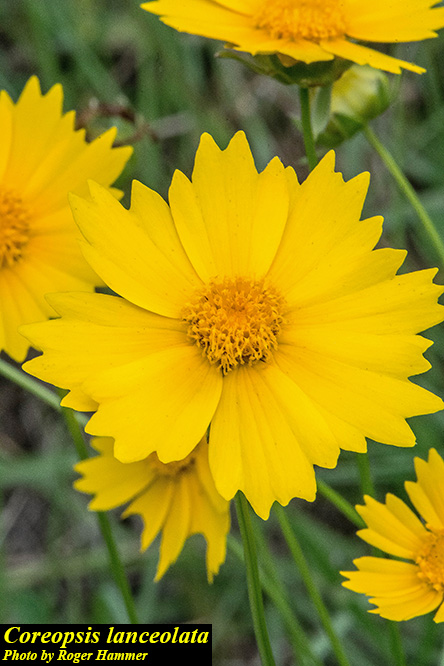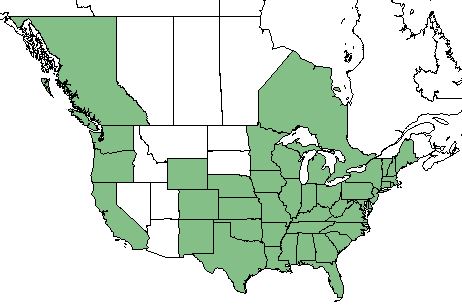Difference between revisions of "Coreopsis lanceolata"
(→Phenology) |
|||
| Line 1: | Line 1: | ||
{{italic title}} | {{italic title}} | ||
| + | Common Names: Lanceleaf tickseed <ref name= "USDA"> [https://plants.usda.gov/core/profile?symbol=CEAM USDA Plant Database]</ref> | ||
<!-- Get the taxonomy information from the NRCS Plants database --> | <!-- Get the taxonomy information from the NRCS Plants database --> | ||
{{taxobox | {{taxobox | ||
Revision as of 12:32, 12 June 2018
Common Names: Lanceleaf tickseed [1]
| Coreopsis lanceolata | |
|---|---|

| |
| Photo by the Atlas of Florida Plants Database | |
| Scientific classification | |
| Kingdom: | Plantae |
| Division: | Magnoliophyta - Flowering plants |
| Class: | Magnoliopsida - Dicots |
| Order: | Asterales |
| Family: | Asteraceae |
| Genus: | Coreopsis |
| Species: | C. lanceolata |
| Binomial name | |
| Coreopsis lanceolata L. | |

| |
| Natural range of Coreopsis lanceolata from USDA NRCS Plants Database. | |
Contents
Taxonomic Notes
Synonym: C. crassifolia
Variety: none
Description
C. lanceolata is a perennial forb/herb of the Asteraceae family native to North America.
Distribution
C. lanceolata is found throughout the United States apart from Arizona, Nevada, Idaho, Utah, Montana, North Dakota, and South Dakota. It is also found in Ontario and British Columbia.[1]
Ecology
Habitat
The ideal habitat for the C. lanceolata is in dry soil with full sun. [1]
Phenology
Flowering of the C. lanceolata can occur anytime between January and July but it will most commonly flower between March and May, April producing the majority of the buds. [2]
Seed bank and germination
For successful seedlings, a firm seedbed is needed that has been lightly disked. Light plant debris is ideal; more will stifle plant germination. Germination occurs in the fall. [1]